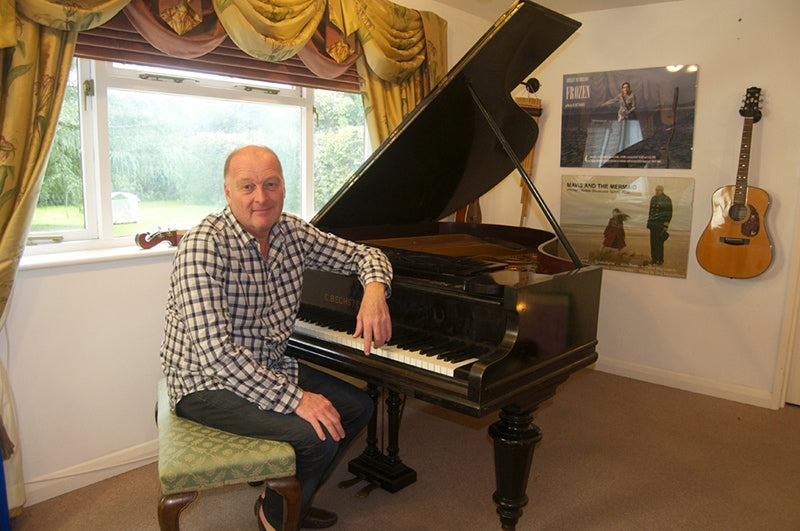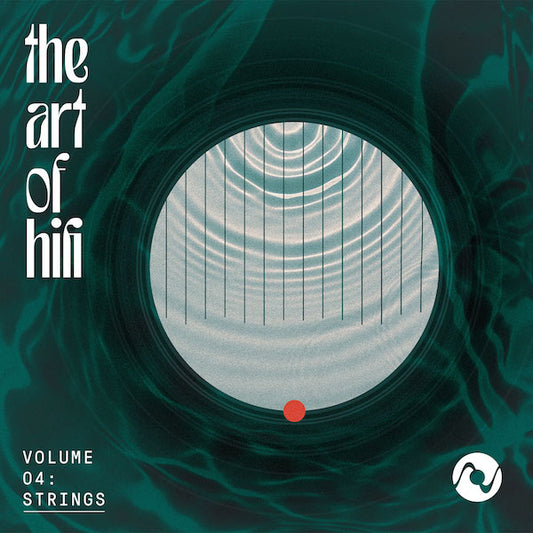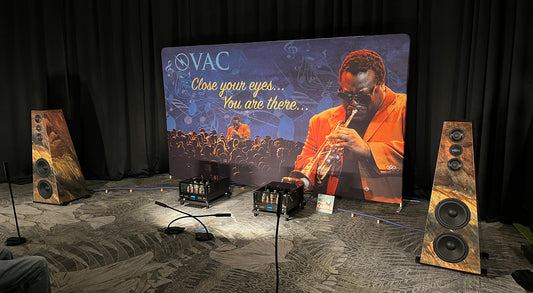Guy Michelmore is a creative powerhouse. His talents have made him the go-to “Guy” for composing scores for some of the most entertaining TV shows and films of our generation, including major projects for Disney and Marvel. Thor: Tales of Asgard, Avengers: Earth’s Mightiest Heroes, The Commuter, Phoenix, The Woodlies, Tutenstein and Eyewitness are just a small sampling of his work over more than 25 years. He has also been a TV news anchor. Somehow, the British composer also finds time to provide some of YouTube’s most animated and engaging educational music content. Copper interviews him here.
Russ Welton: Your parents (Cliff Michelmore and Jean Metcalfe) were both BBC presenters! Are you also from a musical family background? How did you start out playing music?
Guy Michelmore: My parents were not particularly musical, but they always encouraged music in the house and so my sister and I both took up instruments and started playing and singing from a fairly early age. I was never a very good music student and would always try and play things by ear rather than [by] reading the score, so my musical education was fairly slapdash until I was in my 20s when I started taking music theory a little bit more seriously.
RW: How did your background in broadcasting the BBC news influence you in becoming an A-list film composer?
GM: Not sure I would count as A-list, but as a broadcaster it gave me a much better understanding of the whole production process and the ways in which producers and directors think. Working with the BBC, I learned an awful lot about program making, documentary making and all kinds of other things which have proved extremely valuable when dealing with producers and directors in a wide range of genres.
I think I understand more about their perspective on life and the creative process, and came to appreciate fully the way in which the composer is merely one of a large number of moving parts, a cog in somebody else’s greater creative machine. It is a terrible mistake to assume that as the composer, the music is the most important thing [in a film or TV show]. Actually, the project is the most important thing and as a composer you are there to serve the project.
RW: How do you develop a new musical theme for a character, or a game or film score?
GM: That’s a huge question. You have to have an extremely good knowledge of the particular genre in which you are working, both past and present, so you understand the “direction of travel” when it comes to the style of music that directors and producers are looking for in their productions right now. You have to have almost as good an understanding of the narrative arc of the film as the director themselves, so that you can work out exactly what role your music will serve in the project.
When you’re choosing sounds for a particular character or situation, you are essentially choosing which aspect of that character’s personality to highlight, because the role of [the] music a lot of the time is to bring some elements of the film to the foreground. You are not usually attempting to paint a complete cohesive picture of an entire character in music; you are choosing to take an element and bring it to the audience’s attention.
RW: Do some projects still use real orchestras, or is it all made with virtual [digitally-generated] instruments?
GM: [Real orchestras], very much so. I have two projects on the go at the moment which both will require live orchestra. The thing is, live musicians and lead instruments are what give individual composers an advantage. Everybody has access to the same [digitally-produced sound] samples, but no two people have the same musicians creating the same sound. Small groups of musicians, individual soloists, and chamber ensembles are particularly popular right now, and an intimate knowledge of the instruments and the musicians allows you to create a completely different style of music then you would be able to just using samples and electronics. A lot of the time I combine solo instruments with samples and electronics on projects with lower budgets and that [also] works extremely well.
RW: In your workflow for a Marvel project such as Rocket and Groot, does the music or the storyboard or something else come first?
GM: It depends very much at what stage I get involved in the project. Most of the time, by the time the composer comes on board there are at least storyboards or animatics to work with. If that is not the case, there is always a series bible, which gives graphic art and descriptions of the characters, so there is something to start with there. Of course, with the Marvel Cinematic Universe you know a lot about the characters before you even begin the project because most of them have been featured in other media before. You talk to the director and producer and get an idea of where they want the music to come from and what the overall style and ethos of the show is. Even when you do start scoring to picture, [what you’re seeing] is new. It is very unusual for it to be fully-rendered animation when you [first] see it, and a lot of the time you will be working to wireframes or first-pass animation rather than the finished product.

RW: How does working with Marvel Studios differ from working with Disney? What does your sound design brief consist of?
GM: Well, they have become one and the same of course now [In 2009, Disney acquired Marvel Entertainment – RW] and more so in the last year. The difference is more [like the difference] between working with a large studio and working with small independent companies. When you’re working with a large studio you are part of a much bigger machine. There is a workflow and a way that things have to be done. They have well-established processes, their own media servers, and certain creative structures that you need to fit into.
My experience in working with large studios in Los Angeles is that they are very professional, very easy to get along with and they tend to do what they say they’re going to do when they say they’re going to do it. The flip side of that is they do expect you to stay absolutely on schedule and produce your best-quality work. If you start falling behind schedule then the studio machine can be quite ruthless and get rid of people quickly. The other way to get fired in a hurry is failing to implement notes from the executive producer. Notes are not normally a discussion point, they’re normally an instruction.
In Part Two of his interview Guy discusses some of his greatest challenges faced when composing for big clients and how to overcome them. He’ll also talk about how his approach varies in recording music for TV compared to creating music for cinema.



